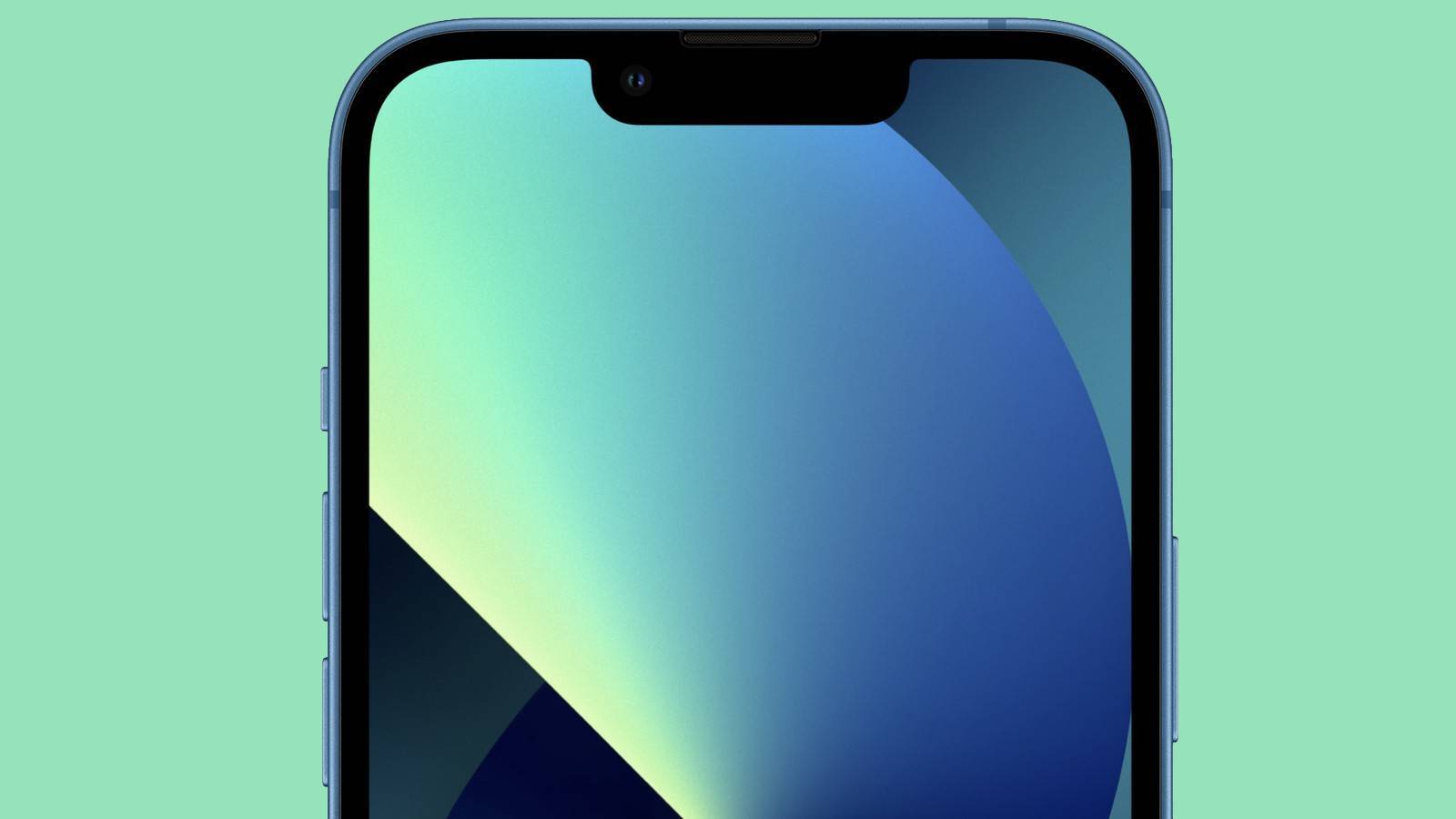![]() Update:
Update: According to the video mentioned below, even if an iPhone 13 display is replaced with a genuine and original iPhone 13 screen, Face ID will stop working. In the video, the repair provider swapped two original iPhone 13 screens and in both cases, Face ID was inoperative after the new screens were installed. It seems to be the case that if the original screen is put back with the original iPhone 13, Face ID returns, ruling out the possibility of an improper installation.
If a customer gets their iPhone 13 display replaced by a third-party repair store or provider, such as those not licensed or affiliated with Apple through its Independent Repair Program, Face ID on the iPhone will no longer be useable.
Apple has long faced criticism for making it difficult for third-party repair stores and providers to fix and repair their products. Apple already displays a prompt for customers inside Settings that informs them that their display is a "
non-genuine display," and a similar prompt for "non-genuine cameras" was
introduced earlier this year.
Apple claims these prompts help inform customers that they aren't using genuine Apple parts and is part of its more comprehensive plan to ensure customer devices are only repaired and diagnosed by certified Apple technicians.
With the iPhone 13 this year, Apple further makes it more difficult for customers to get repairs from third-party stores and providers. As discovered in
a repair video, the iPhone 13 screen includes no components for Face ID to function, as all the parts for the TrueDepth system are housed in the iPhone itself.
Despite this, if an iPhone 13 display is replaced with a "non-genuine" or even a genuine, original iPhone 13 display, Face ID stops working, despite there seemingly being no hardware within the display itself needed for Face ID to function.
Apple runs its own Independent iPhone Repair Program, which is designed to allow any company or third-party repair center to become an authorized Apple service provider only if they meet the requirements and go through the process.
Apple has expanded the program to more countries worldwide, but compared to fully independent third-party repair providers, authorized Apple outlets often have higher prices, longer wait times, and poor customer service. Companies and stores certified through Apple get access to genuine Apple parts, manuals, and device instructions, including information not available to third-party repair stores.
Given the lack of hardware reasoning for the iPhone 13's Face ID to no longer be usable after a third-party screen is installed, Apple could patch this via an iOS update if it's a simple iOS 15 bug. Keeping in mind its past efforts to consolidate iPhone repairs to only stores and centers it chooses to consider "authorized," however, this is unlikely to be a mistake and will only further fuel the Right to Repair movement. We've reached out to Apple for comment.
Article Link:
Test Suggests Face ID on iPhone 13 Doesn't Work After Screen Replacement By Third Party



